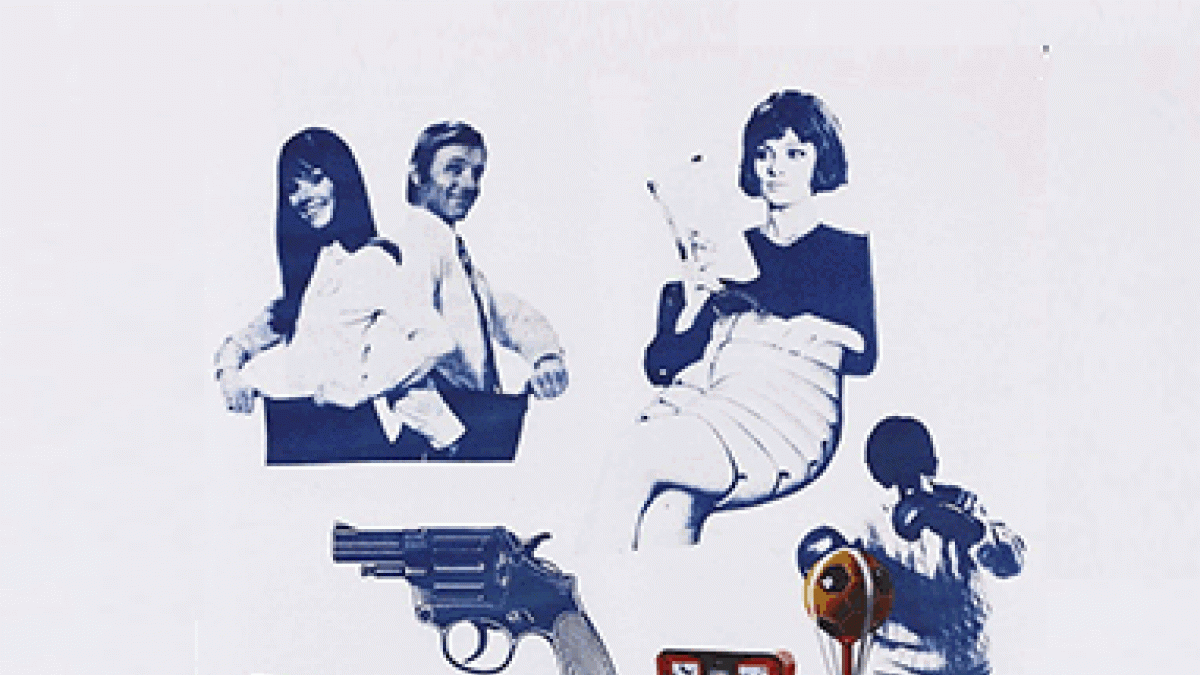Outside the Canon. Women Pop Artists in the Collection
At the end of the 1960s and during the decade that followed, feminism became a lingua franca, international in scope, and an axis for many women artists. Despite the dictatorship in Spain, these activist discourses gave rise to interesting pieces under the umbrella of Pop Art but with a local inflection and an anti-Franco slant. Over these two decades the work of male artists was widely disseminated, yet for their female contemporaries it was another matter and only recent research projects have brought their works to light.
Research, selection of materials and texts: Isabel Tejeda, a lecturer at the University of Murcia.

Stereotypes of Women
Spain in the 1960s and 1970s
By dint of laws, regulations, education models and the Sección Femenina — the Women’s Section — Francoism drove a demure and obedient female stereotype, banishing women from the public sphere and returning them to their only authorised spaces: home and family.

Emancipation Under Guardianship
After the Civil War, Spanish women underwent a “return to order”. All were subjected to gender-based reprisals, regardless of ideology.

Pop Art and Political Geography
Spain’s Context
Beyond the often quoted British and North American oeuvre, Pop Art was a movement of a global nature that took on particular features in correspondence with the specificities of the political areas in which it was produced.

Women Pop Artists in the Collection
In recent years, one of the Museo Reina Sofía's primary goals has been to augment its holdings with works by women artists, thereby addressing the gaps that exist in the Collection.

Video Interview
Women Pop Artists in the Collection
This video was recorded on 4 February 2020 in the rooms and Auditorium 200 of Museo Reina Sofía. It gathers interviews and a conversation between a number of women artists who started their practices in the late 1960s and early 1970s, a time in which feminist protests were being reactivated.

Film and Music
Film and music became key artistic expressions to counter the social and cultural patterns imposed by Francoism.

